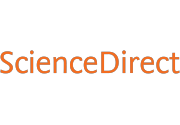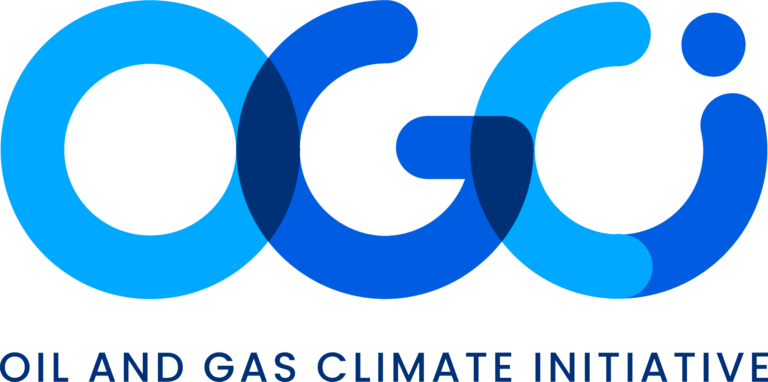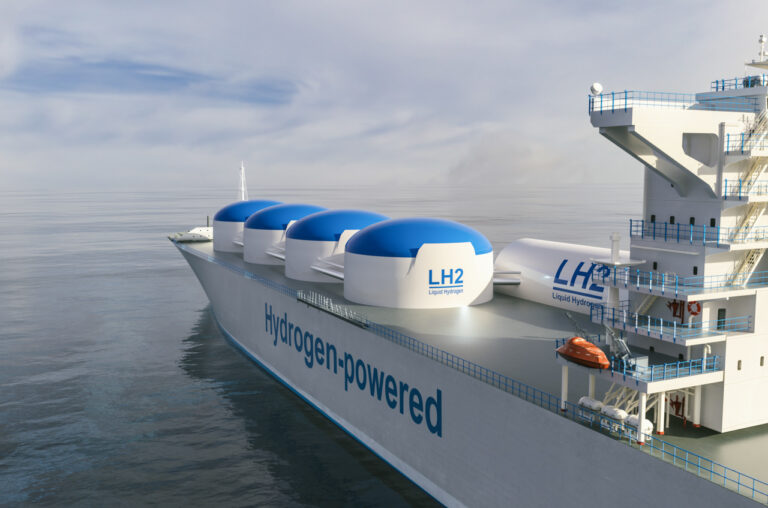This study systematically examines existing methane policies across the energy, waste, and agriculture sectors. The authors found that only 13% of methane emissions are covered by methane mitigation policies. Moreover, the effectiveness of these policies is far from clear, mainly because methane emissions are largely calculated using potentially unrepresentative estimates instead of direct measurements.
A global review of methane policies reveals that only 13% of emissions are covered with unclear effectiveness
ScienceDirect is a searchable web-based bibliographic database, which provides access to full texts of scientific and medical publications of the Dutch publisher Elsevier as well of several small academic publishers.


OGCI and its member companies do not assume any responsibility for the accuracy or reliability of any information offered by third-party websites linked though this site. The views expressed in the external content do not necessarily reflect those of OGCI or its member companies. See our Terms of Use.
Region
Global
Published
2023
Resource Type
Research article
Category
Regulations, frameworks and voluntary initiatives
More info
Sub-Category
Regulations
Segment
N/A
Equipment
N/A
Related resources
This resource outlines the work and research conducted by EQT’s Production and Environmental teams to target low-cost opportunities for abating methane emissions from natural gas-driven
MiQ has developed and launched the Gas Buyers Methane Emissions Calculator, a tool designed to help natural gas buyers assess the potential methane emissions reductions
The article from the Harvard Environmental & Energy Law Program examines the risks associated with using the Congressional Review Act (CRA) to reinstate EPA methane
Recently visited resources
The IEA’s gas flaring page reviews global flaring trends, environmental impacts, and reduction strategies. It discusses flaring’s role in greenhouse gas emissions and offers links
Brochure created by GasNaturally discussing methane emissions in Europe. It highlights the environmental impact of methane, O&G sources, and emission reduction strategies. The document also
This book highlights the business case for reducing gas flaring and methane emissions (FMR), offering a framework for policymakers to evaluate FMR project feasibility and













